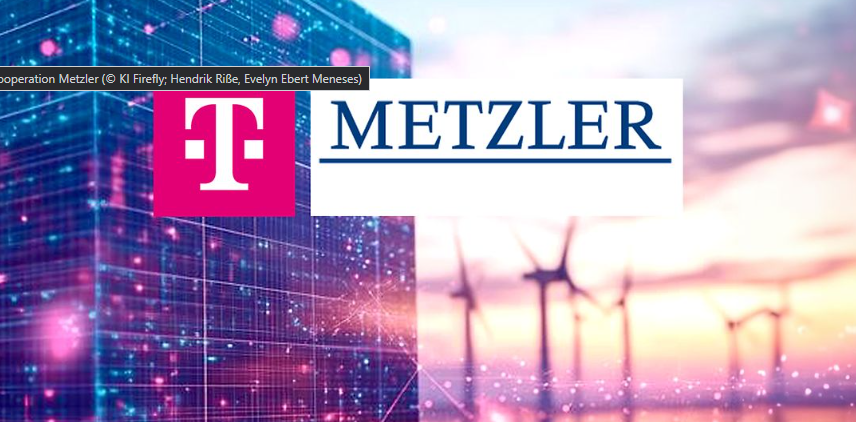
Deutsche Telekom plans to venture into Bitcoin mining, in a positive sign of adoption for the world’s first cryptocurrency.
Deutsche Telekom, Europe’s largest telecommunications provider, announced a new Bitcoin BTC
The mining project, called “Digital Monetary Photosynthesis,” is developed by Deutsche Telekom’s subsidiary MMS in collaboration with Bankhaus Metzler.
The Bitcoin mining rigs will be set up in Backnang, Germany, on the premises of metal and glass facades manufacturer Riva, with the rigs managed by Metis Solutions, Deutsche Telekom announced on Nov. 11.
The telecommunications giant’s announcement comes a week after Bitcoin’s white paper turned 16, showcasing the utility and continued global adoption of the world’s first blockchain network.
Bitcoin mining to regulate Germany’s power grid
Deutsche Telekom’s pilot project arose from a growing amount of renewable energy sources.
The country’s growing energy supply from less predictable sources like wind turbines requires more infrastructure to regulate the grid, according to Oliver Nyderle, head of digital trust and Web3 infrastructure at Deutsche Telekom MMS.
Bitcoin mining could be used to regulate the energy fluctuations of the country’s electrical grid, Nyderle wrote in the announcement:
“Together with Bankhaus Metzler and RIVA Engineering GmbH, we are taking a step in this direction to test the regulatory effect of Bitcoin miners in the energy grid. Surplus energy is converted into digital values through the miners. We call this digital monetary photosynthesis.”
Beyond the Bitcoin mining facility, Metzler will explore further possibilities of “financial services with digital assets” without disclosing further details.
Related: Stablecoins essential for US dollar’s future, says Paxos CEO
Bitcoin mining: creating more than economic value
The use cases of Bitcoin mining extend far beyond its economic benefits for miners.
In Finland, Bitcoin mining is warming an entire town of over 11,000 residents with recycled heat from the mining rigs.
The town is heated by a two-megawatt pilot project located in the Satakunte region, launched in June 2024 by Marathon Digital Holdings — the world’s largest Bitcoin mining firm.
Marathon’s facility uses a method called “district heating,” which centrally heats the water and distributes it through an underground network of pipes to heat houses.
This could be a future-proof method for heating homes, since Bitcoin mining rigs produce significant excess heat.
